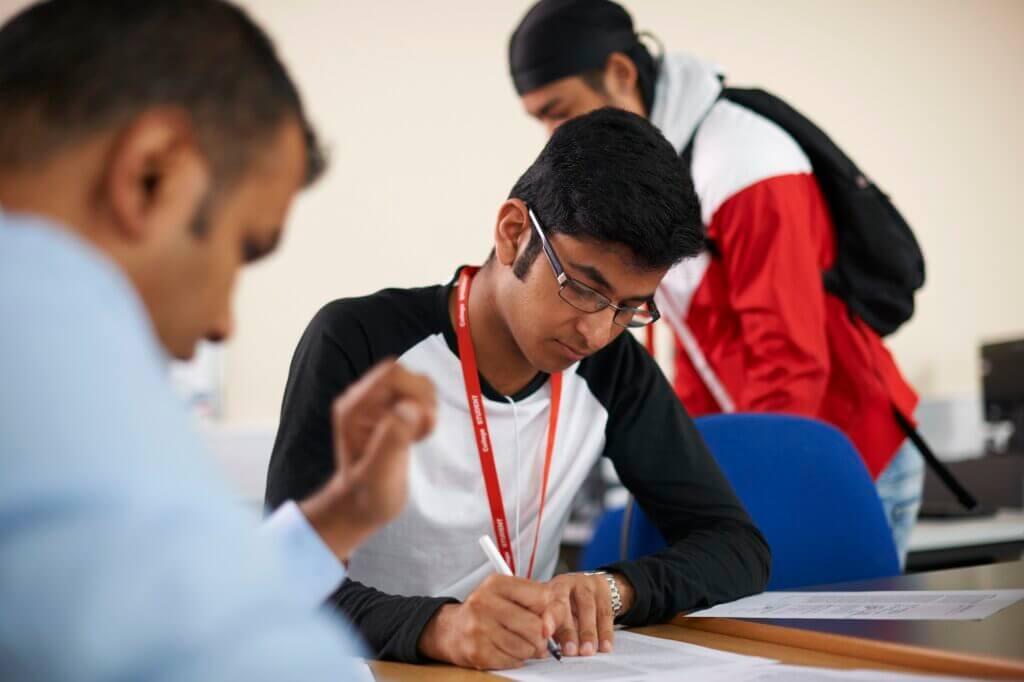Bridging the Gap: Why Class 11 Math is the Key to JEE and NEET Success
Class 11 Math is vital for JEE and NEET success, forming the foundation for advanced topics and developing problem-solving skills. Master concepts like Trigonometry and Coordinate Geometry through consistent practice and expert guidance. Build confidence and bridge the gap to competitive exam excellence with ConnectEd’s tailored support.










